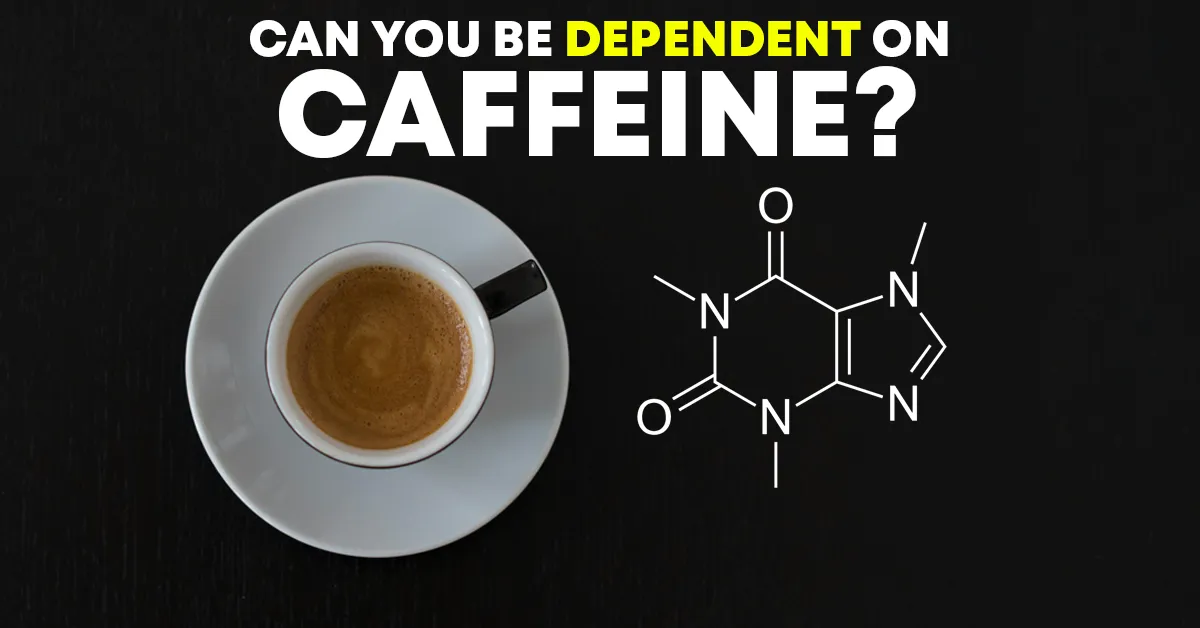Are you drinking caffeinated beverages to help keep you awake through a busy week? Caffeine can be a helpful aid to keep you alert. But if it is a regular part of your routine, you can develop a dependency on caffeine.
Dangers of Routine Caffeine Consumption
Caffeine is not as addictive as smoking or other addictive drugs. However, routine caffeine consumption can create a dependency on caffeine where you experience withdrawal side effects if you deviate from your regular consumption routine.
If you decrease your regular caffeine consumption, you may experience headaches, fatigue, or difficulty focusing. It is best to cut back on caffeine gradually.
If you can reduce your caffeine consumption, you can opt to make it something you consume strictly when you need the concentration boost, rather than daily. This infrequent consumption reduces the risk of needing to overcome withdrawal symptoms later on.
How Much Caffeine Can You Consume?
According to the Mayo Clinic, consuming 400mg or less each day will not cause adverse side effects in most adults.
Consuming this much caffeine would be the equivalent of drinking over 100oz of the most popular sodas or drinking multiple highly caffeinated energy drinks.
Even if you consume 400mg or less of caffeine each day, you may still develop a dependency on a lesser amount of caffeine. If you routinely drink a can of soda with 40mg of caffeine, you may experience withdrawal symptoms if you miss that daily can.
How do You Know How Much Caffeine a Food Has?
While sugar content and many other nutrition facts are listed on the packaging, the amount of caffeine can be harder to identify.
By law, the FDA does not require caffeine amounts to be listed on nutrition fact labels (caffeine is, after all, not a nutrient). However, some manufacturers choose to print the amount of caffeine on the packaging and use this as a selling point.
If caffeine amounts are not present on the packaging, utilize an online database, like the one from the Center of Science in the Public Interest to find how much caffeine a food has.
What Foods Contain Caffeine?
Obvious sources of caffeine are coffee, soda, and tea.
But did you know chocolate also can contain caffeine? This is more prevalent in dark chocolate. For this reason hot chocolate also contains coffee.
Certain cereals and energy bars can contain caffeine as well (in addition to sugar).
Lastly, it is worth pointing out that decaf coffee is not 100% free of caffeine. The decaf process that Starbucks uses for example removes about 97% or more caffeine. While decaf coffee does have significantly less caffeine, it still does contain small amounts.
What are the Side Effects of Consuming Too Much Caffeine?
According to the FDA, overconsumption of caffeine can result in insomnia, jitters, anxiousness, fast heart rate, upset stomach, nausea, headache, or feelings of depression.
While caffeine can help make you feel more alert, it is not a replacement for proper sleep.


